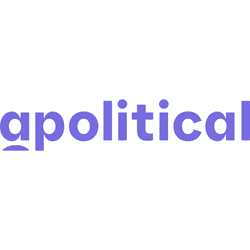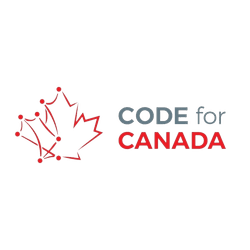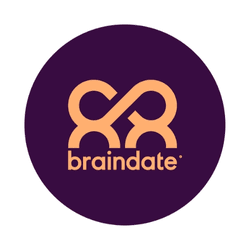THE WORLD'S LEADING GOVERNMENT INNOVATION & DIGITAL TRANSFORMATION CONFERENCE
Upcoming Events: April 21: Practical AI | May 26: Digital Independence | July 6-7: FWD50 + Municipal AI | September 15: Global Case Studies | November 9-10: Executive Cohort
Where the people building tomorrow's government learn, connect, and recharge.
FWD50 brings together public sector innovators, technologists, and changemakers to explore one simple but profound question: How can we use technology to make society better for all?
- Throughout the year, online events dive deep into topics like digital independence and practical AI—each packed with actionable insights from delivered services
- All content lives on Access FWD50, our community platform where anyone can register, watch past sessions, join discussions, and access exclusive recordings—many for free
- The year includes a two-day in-person conference, uniting the global digital government community for immersive workshops, inspiring talks, and meaningful networking
Learn more about Access, the FWD50 community platform.
1000+
Speakers since 2017
55+
Countries
200+
Recordings
23 000+
Community members
The FWD50 2026 Events
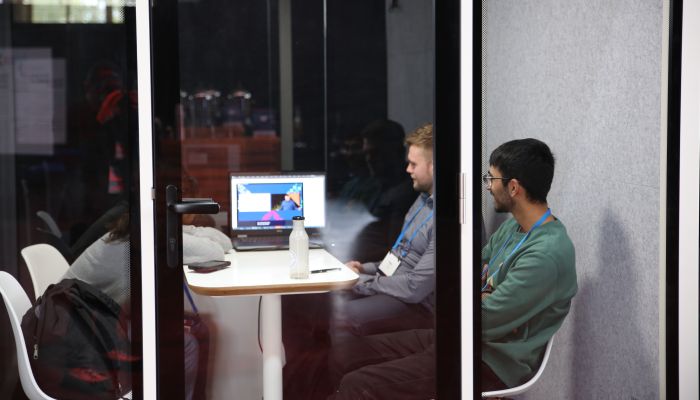

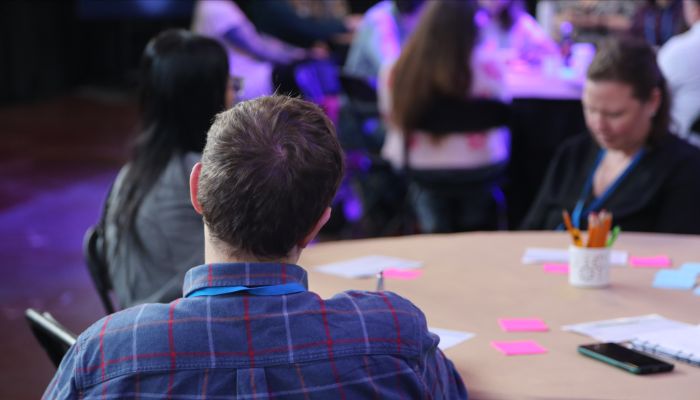
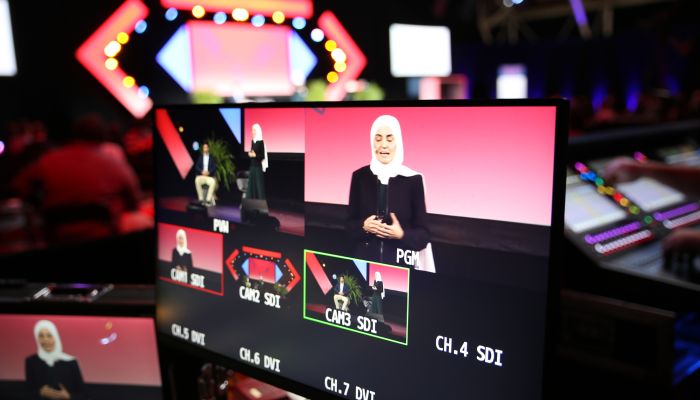
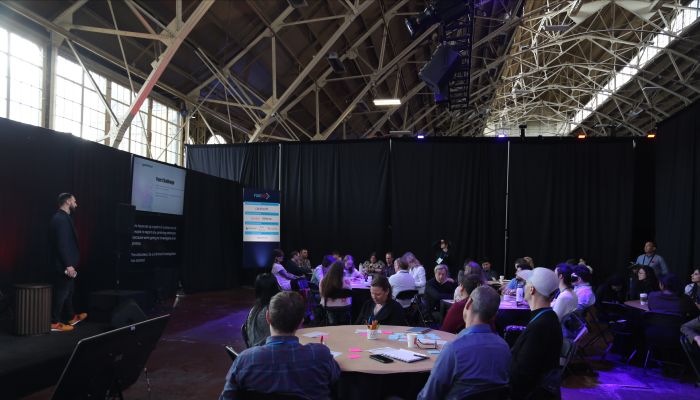
“Every single session that I attended was mind blowing.”
“This was one of the best-run conferences I have ever attended or spoken at.”
“Once again, FWD50 sets a new standard.”
“It’s my first year attending FWD50. I am kicking myself for not attending in the past.”
“I attended FWD50 virtually for 3 days and wish it didn’t end.”
“The FWD50 conference was a blessing, it re-energized me and made me realize we do make a difference working in IT.”
“Every time I attend FWD50 they raise the bar and the benchmark for conferences.”
“It's pretty cool to be here at FWD50. It's the most un-government government conference I've got to attend this year, which is amazing.”
“An invaluable experience that significantly reshaped my perspective on Digital Transformation.”
“This was my first time attending the conference and I truly enjoyed all 3 days. Congratulations on an amazing conference.... I'm hooked!”
“There are very few safe places for those in the public service to talk honestly about the problems we face. FWD50 is that place.”
“It was a fantastic opportunity to be in with the 'in crowd' in digital government. A chance to reinvigorate the work we do on a daily basis.”
“This conference should be mandatory for all in government.”
“A melting pot of innovative ideas and forward-thinking individuals.”
“An incredible opportunity to dive into the future of technology, government, and beyond.”
“I highly recommend it to anyone in public service, digital services, or IT! It’s invigorating to be surrounded, even virtually, by passionate, techy public servants.”
Love it. TRUST is the basis of digital government.
FWD50 at a glance
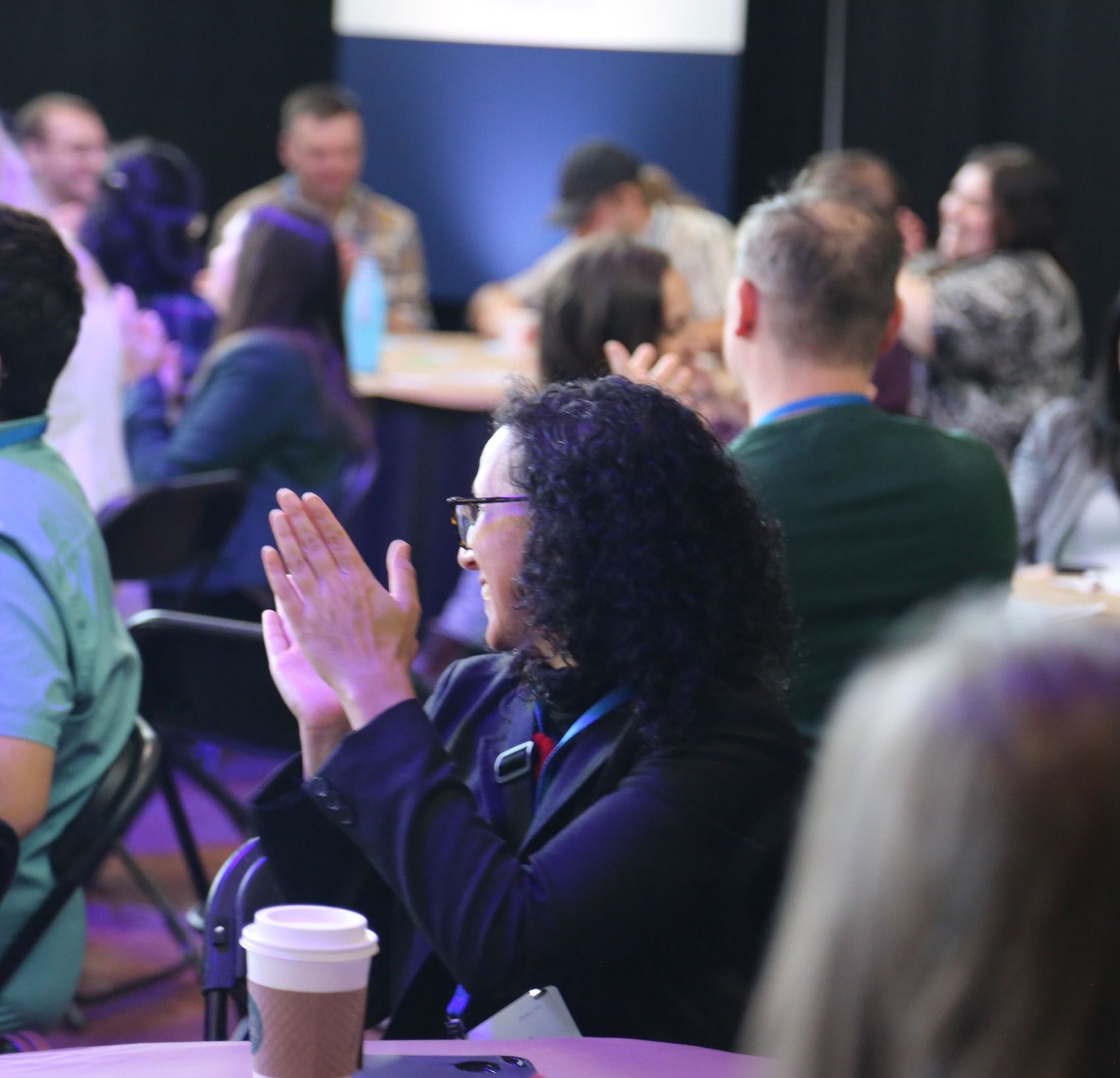


Latest updates
We interview authors, public servants, and digital innovators, and publish thought-provoking essays on our core themes. Here are our most recent posts; you can also check out past updates as well.
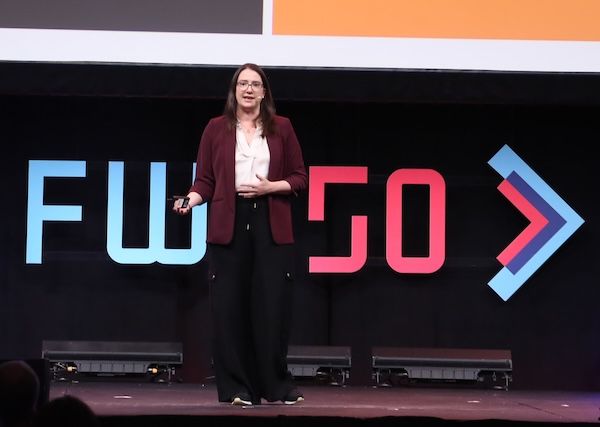
Oct 30, 2025

Sep 29, 2025

Sep 16, 2025
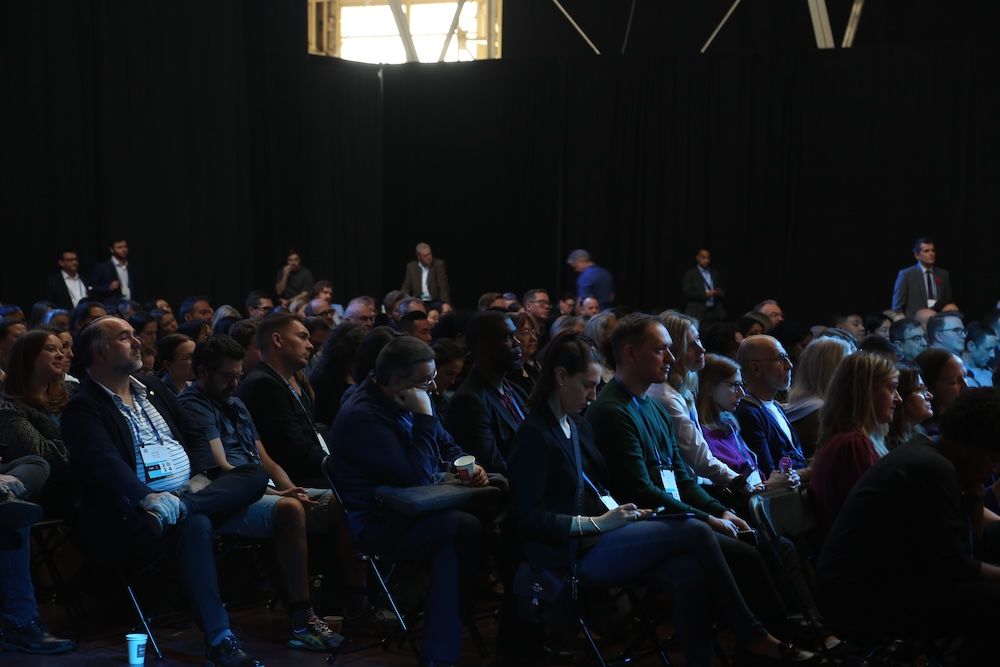
Sep 10, 2025
2025 Partners
Producing partner
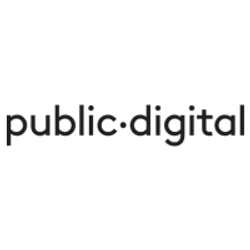
Collaboration partners
